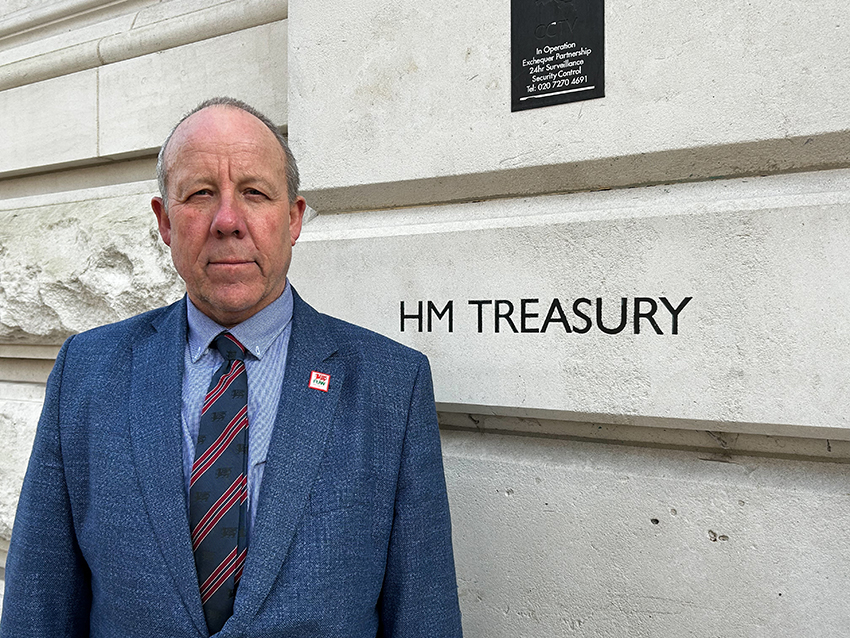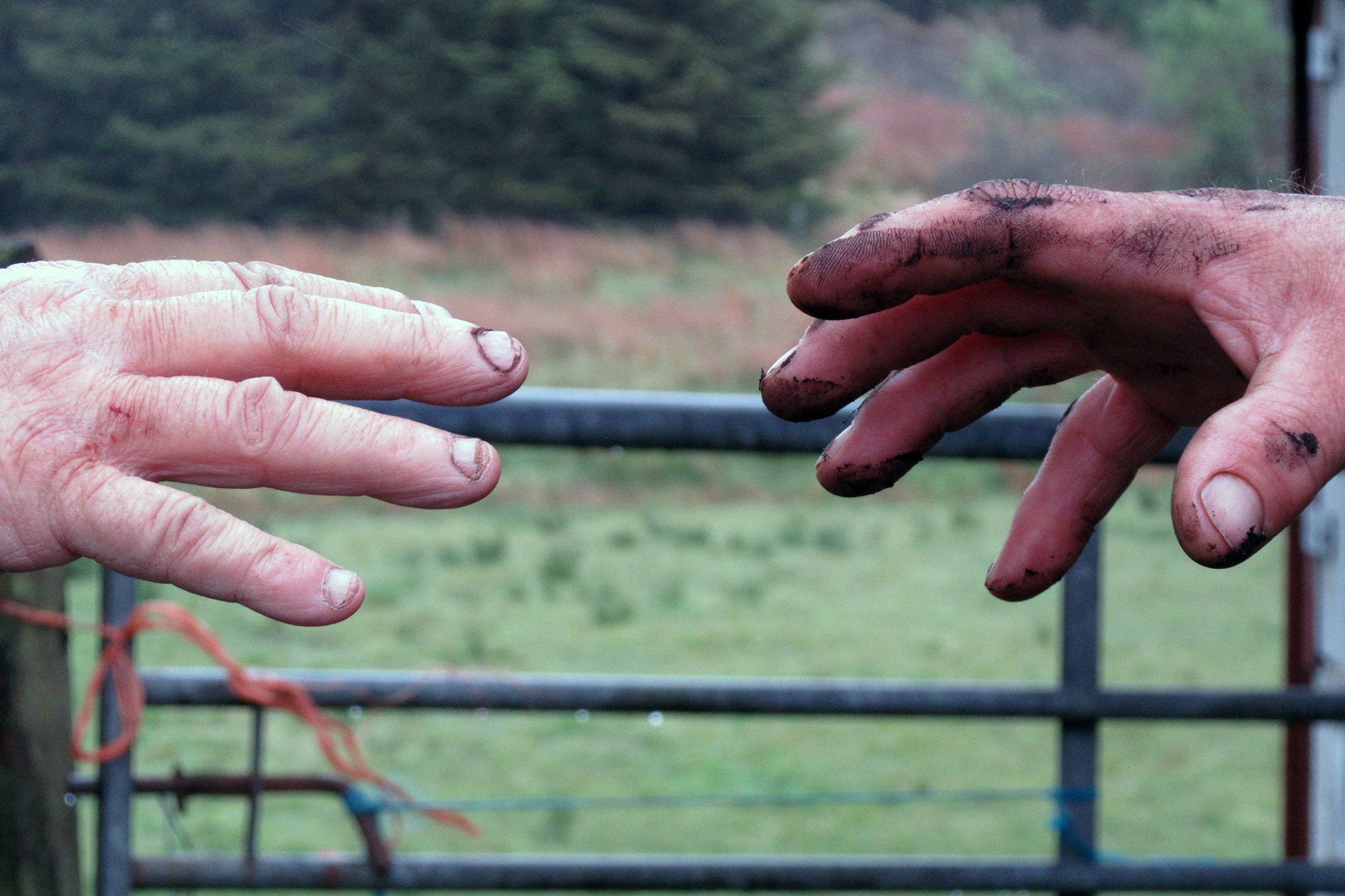Farmers’ Union of Wales President, Ian Rickman, has expressed his disappointment following a meeting with the UK Treasury regarding changes to Agricultural Property Relief and Business Property Relief, announced during the Autumn Budget and due to take effect from April 2026.
In a meeting with the Treasury in London on Tuesday 18 February, Ian Rickman highlighted the significant questions and concerns regarding the far-reaching changes to inheritance tax, as well as the emotional toll the changes were having on Welsh farmers.
The meeting followed substantial lobbying by the FUW regarding the changes, including extensive correspondence to the Prime Minister, Treasury Minister James Murray MP and an evidence submission to the Welsh Affairs Committee.
The Prime Minister had previously insisted a "vast majority" of farmers will not be affected by the changes, with the Treasury previously claiming it expects around 500 estates across the UK to be affected by the changes each year.
Alongside other sector stakeholders and businesses, the FUW has however raised significant concerns over the reliability of these figures, with previous analysis by the FUW suggesting as many as 48% of Basic Payment Scheme (BPS) recipients in Wales may be impacted by the new Inheritance Tax proposals.
More recent analysis from the CAAV suggested 200 Welsh farming taxpayers will have an Inheritance Tax liability arising from the reduced benefit of APR and BPR each year - equating to over 6,000 affected Welsh farming taxpayers over a 30 year generation.
As well as questioning the Treasury’s figures, Ian Rickman also highlighted many of the proposals the FUW has put forward to amend the government’s changes to better safeguard family farms and the UK’s own food security.
These proposed changes include the principle that farming/agricultural assets should not be taxed when passed from one generation to another for farming themselves or letting to another farming family. However, if a generation decides to sell those assets, those assets should be taxed at the point of selling.
These pragmatic changes would help protect genuine family farms, as well as addressing any loopholes that currently exist within the APR and BPR legislation. The UK Government dismissed any suggestions, confirming an intent to continue with the changes as initially proposed.
Commenting following the meeting, FUW President, Ian Rickman said: “We are deeply disappointed by the Treasury's dismissive response to our compelling case against the detrimental impact of the Inheritance Tax changes for Welsh family farms.
"Together with other UK farming representatives, we clearly outlined the potential economic, emotional and cultural devastation these changes could inflict on farms and rural communities across Wales, and our domestic food production. Crucially, we offered our willingness to collaborate with the government and industry stakeholders to address the flaws in this ill-thought-out policy.
"Regrettably, it seems these arguments have fallen on deaf ears. Serious questions remain about the Treasury's own figures and given steep trajectories in land prices and the current and historically low farm profits for the farm types which predominate in Wales, such inheritance tax bills would be unaffordable for a significant proportion of family farms. We continue to hold grave concerns about these changes, and will liaise further with our membership regarding the best way forward.”








